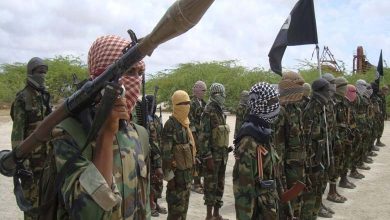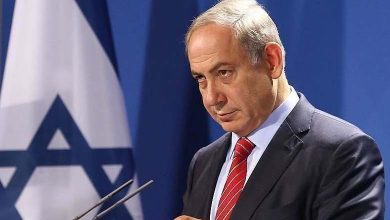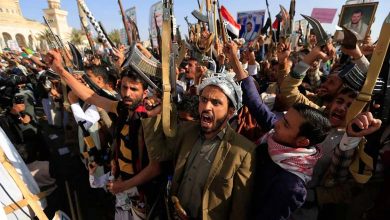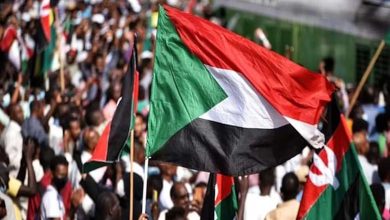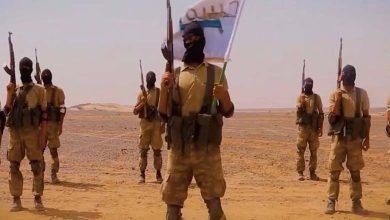The Growing Jihadist Violence in the Sahel
The Ministry of Defense of Niger has announced the killing of 23 soldiers in the deadliest attack on its forces in an area near Burkina Faso and Mali, where jihadist groups are active
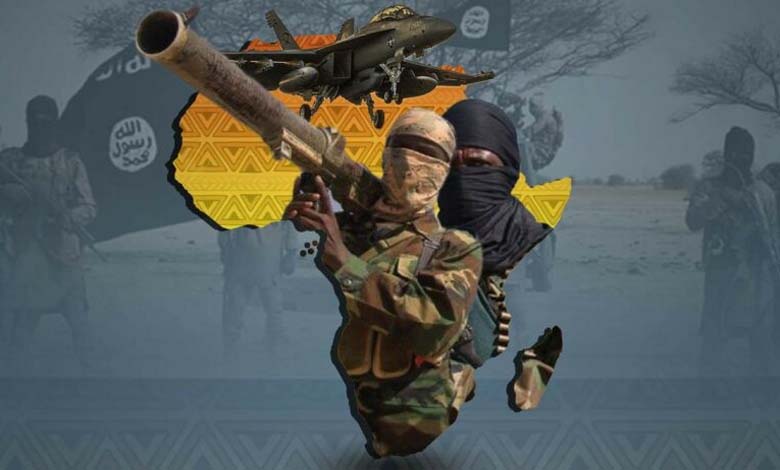
Jihadist groups in the Sahel region of West Africa have stepped up their attacks on the military forces in Mali, Niger, and Burkina Faso, which are led by military councils that have declared a tripartite alliance parallel to African security and military blocs.
These three countries were not immune to terrorist attacks before the departure of French forces, at the request of Bamako, Niamey, and Ouagadougou, which also plan to review military agreements with the United States. However, recently, there has been a noticeable increase in extremist group activity.
This week, at least 23 soldiers were killed in Niger in a terrorist ambush targeting the army in an area near Burkina Faso and Mali, where jihadist groups have intensified their attacks recently, according to the government.
Since late July 2023, Niger has been under military rule, with the military seizing power to contain jihadist violence, they say, but the attacks have continued.
The latest attack occurred as the army was conducting a “sweeping operation” in the Tillabéri region on Tuesday and Wednesday, but a unit fell into a “complex ambush” during its “withdrawal,” killing 23 soldiers “and neutralizing about 30 terrorists,” the Ministry of Defense revealed Thursday evening.
The ministry added that the operation aimed to “reassure the population, who are suffering violations from armed terrorist groups, such as assassinations, extortion, and cattle theft.”
The ministry’s statement said that “more than a hundred terrorists arrived in vehicles and on motorcycles” to attack an army unit between the towns of Tégui and Bankilaré using “hand grenades and suicide cars,” adding that “despite a strong response, we regret the loss of 23 soldiers in the field of honor and the injury of 17 others.”
Tillabéri is a stronghold for jihadists in the Sahel region, including those who have pledged allegiance to the Islamic State and Al-Qaeda. Since 2017, this area of Niger has been regularly targeted by attacks from these armed groups that do not distinguish between civilians and military personnel despite the intensive deployment of anti-jihadist forces.
At the end of January, 22 civilians were killed in an attack on the town of Mutogata in the Tillabéri region, about a hundred kilometers north of Niamey.
On the other side of this sprawling country in West Africa, the Diffa region (southeast) near Nigeria is regularly attacked by Boko Haram and the Islamic State in West Africa.
Since July 26, a military regime that ousted President Mohamed Bazoum has ruled the country. The coup leaders, led by General Abdoul Rahaman Tani, cited the “deterioration of the security situation” as a reason for seizing power, but jihadist attacks have only increased since then.
France, the former colonial power, is participating with 1,500 soldiers in the fight against these jihadist groups alongside the Nigerien army.
After the July 26 coup, the military who seized power in Niger quickly demanded the departure of French soldiers and canceled many military agreements made with Paris.
The last contingent of French soldiers deployed in Niger as part of the fight against terrorism left the country on December 22.
Last Saturday, the military regime ruling Niger “immediately” canceled the military cooperation agreement concluded in 2012 with the United States, which could lead to the expulsion of American soldiers from the country, similar to the French army. Following the military coup that ousted elected President Mohamed Bazoum, Washington suspended its cooperation with Niger.
However, the United States deploys about 1,100 soldiers who are fighting jihadists in the country and has a large drone base in Agadez (north). In December, they expressed their willingness to resume this cooperation under certain conditions.
Since the coup, Niger, like Burkina Faso and Mali, subjected to military rule and the violence of terrorist groups, has withdrawn from the Economic Community of West African States (ECOWAS), which imposed severe sanctions on them.
At the end of February, ECOWAS decided to lift a large part of these sanctions after threatening military intervention to bring back former President Mohamed Bazoum to Niamey.
Niger, Burkina Faso, and Mali have announced the creation of a joint force to fight jihadists who regularly target the three countries. These three countries have forged new partnerships with countries such as Russia, Turkey, and Iran.



